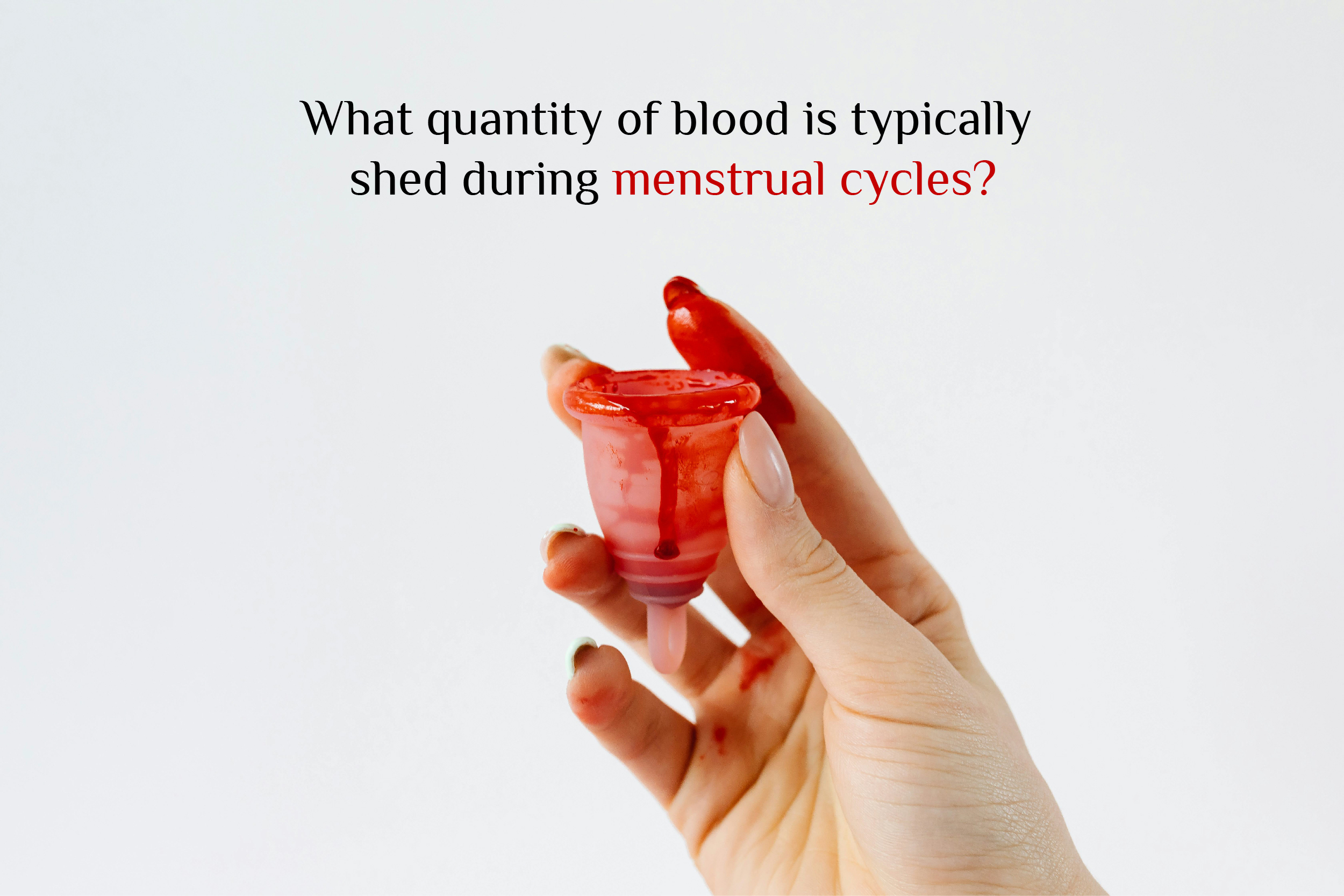Every woman’s period is unique, and a single woman can experience various changes in her menstrual cycle throughout her life. Most women’s cycles are about 28 days long, with menstruation typically lasting between 3 to 7 days. Some women naturally experience heavier periods. There is no such thing as a perfectly normal period. Instead of worrying about whether your period is “normal,” you should understand the characteristics of your cycle. Understanding how your menstrual cycle works will help you notice if something is off or detect any changes quickly. You can use a menstrual calendar, like Flo, to track your cycle. Your cycle should last between 21 and 35 days and be relatively regular. It’s normal for it to vary by a few days each month, but significant deviations could be a cause for concern.
What constitutes excessive bleeding?
Typically, menstrual blood loss amounts to 2 to 3 tablespoons per month, or about 30 to 50 milliliters. It’s normal for your flow to vary, with heavier days often occurring at the start of your period and becoming lighter as it progresses. Passing small clots is also considered normal.
Menorrhagia is a condition characterized by prolonged or excessive menstrual bleeding. It is typically defined as losing more than 80 ml, or about 5 tablespoons, of blood during a period. You should also monitor any period blood clots larger than 1 inch in diameter, as these can indicate excessive menstrual bleeding.
How can I measure my menstrual blood loss?
Determining the exact amount of blood lost during menstruation can be challenging. However, several methods can help estimate the approximate amount of blood you’re losing. Women often overestimate the volume of their menstrual blood loss. Accurately measuring the amount of blood you lose depends on the type of menstrual hygiene product you use.
What leads to light menstrual flow?
Experiencing very light menstruation can also be a cause for concern. Some common reasons for light menstrual flow include:
- Menopause: alterations in menstrual blood volume can be an initial indicator of menopause.
- Pregnancy: There’s a common misconception that it’s impossible to have a period while pregnant, but that’s not always true. Bleeding during early pregnancy isn’t technically a “period,” but it can coincide with your expected menstrual cycle date.
- Breastfeeding
- Stress
- Eating disorders or malnutrition
- Exercise
- Polycystic Ovary Syndrome
- Thyroid disorders.
The most straightforward approach to managing menstrual issues is to monitor your cycle. This way, you’ll gather valuable information for your doctor and gain a better understanding of your body’s functions.
Dealing with abnormal periods can be challenging, but seeking medical assistance and receiving appropriate treatment can help regulate your cycle and minimize disruptions to your daily life.


